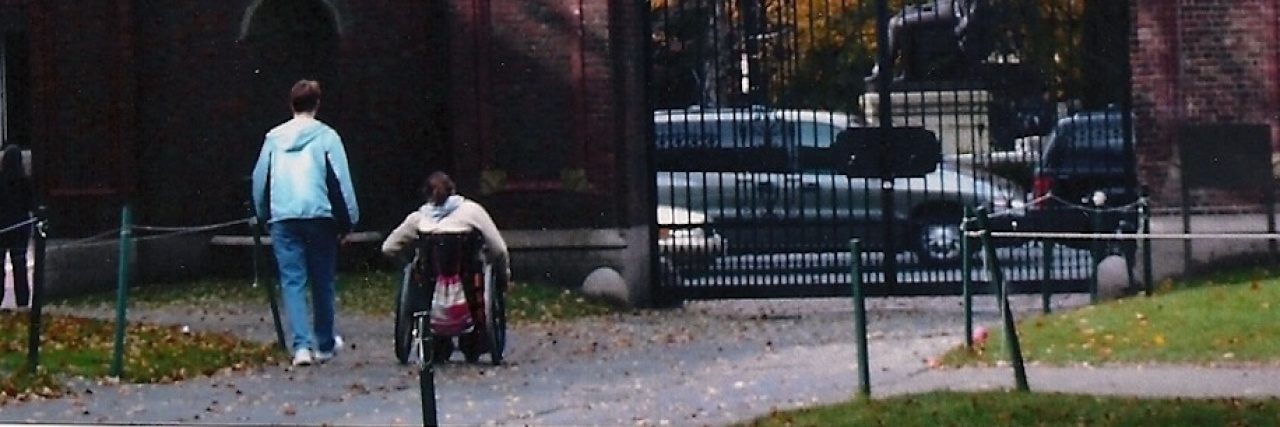My career in caregiving began in an unusual way. A few weeks after my wedding, newly 19, I accepted my first full-time job as manager of my first group home in Ohio. My husband and best friend, John, moved with me to a lovely old home where we lived with four men with developmental disabilities. What I lacked in experience I made up for with heart. It was 1977 during the first wave of the exodus from Ohio’s institutions. The residents sent to group homes initially were the very best candidates for community living.
Even so, the transition challenged everyone involved, every day.
Years later, John and I raised three children in Tiffin, Ohio. When my youngest child started first grade, I re-entered the work force at an institution. I provided direct care for several months on a ward where most of the residents had grown up without a family. I watched and listened to better understand the residents.
I learned that everyone, verbal and nonverbal, communicated in many ways.
My job was difficult and humbling. It began in November, and on Christmas Eve, I clocked in at 3 p.m. to work a double shift until 7 a.m. the next day. A conversation with a co-worker that night made a lasting impression on me. She had recently returned from maternity leave and told me how being a mom changed her perspective.
When she thought of each resident as someone’s son or daughter, she cared for them as though they were her own child.
Seven years later, I still worked at the institution, but in a better job teaching literacy and community skills. One weekend, I drove home from my son’s college concert with my youngest daughter asleep in the passenger seat. I woke Beth, 14 years old, in an effort to keep my eyes open, giving her a front-row view of the accident that followed. She was paralyzed from the chest down with a cut spinal cord at C6-7, quadriplegic.
I started a new job as a 24/7 caregiver for my teenage daughter.
I desperately wanted Beth’s life to be easier, but it wasn’t about me. She decided early on that she would become independent again, no matter how long it took. I supported her goal. I resisted the urge to jump in and help. I learned to step back and wait for cues. I erred on the side of fostering independence, though it was always hard to watch her struggle. Help wanted and help needed could be two different things.
When Beth graduated from high school four years after her injury, she had figured out how to be independent as a quad. What a wonderful thing, to take care of yourself, by yourself!
I worked at two more group homes as manager where I supervised other staff and worked with residents. More than 25 years after my very first group home job, the exodus from the institutions had slowed; the residents new to community living often had multiple disabilities and challenges. Regardless, it was my responsibility to do everything I could to improve their quality of life. Not an easy task, especially when a resident became violent or refused to cooperate.
Remembering my earlier Christmas conversation, I aimed for a level of care that I would want for my son or daughters.
With few staff and fewer resources at the group homes, I fell short, but I took a measure of pride in trying. My career in caregiving led me to a deeper understanding of the connections that add meaning to our lives. Few jobs are more significant.
Given or received, I hope the gifts of caregiving are truly appreciated.
1. Listening
2. Empathizing
3. Connecting
4. Encouraging
5. Improving Quality of Life — ideally, for the person needing help and the caregiver!
Cindy Kolbe’s upcoming book and blog shares her adventures with her daughter Beth at Struggling With Serendipity.
Getty image by Martinbowra

